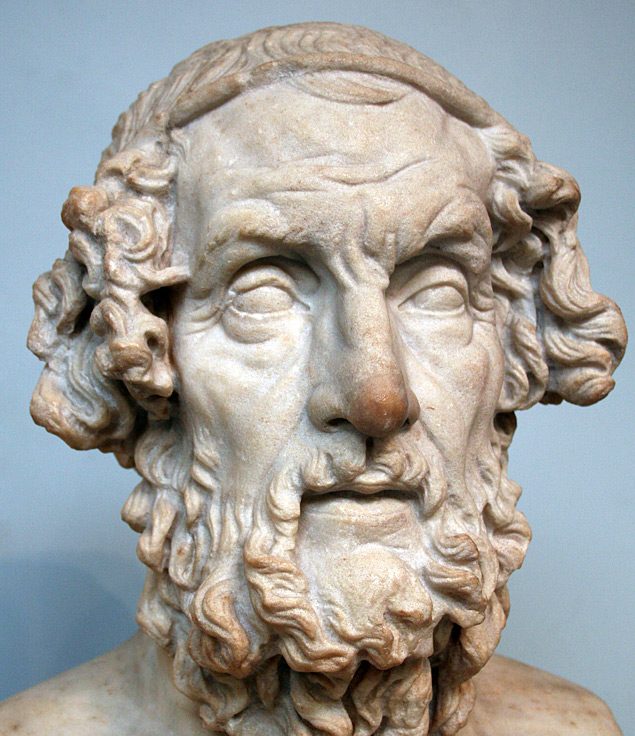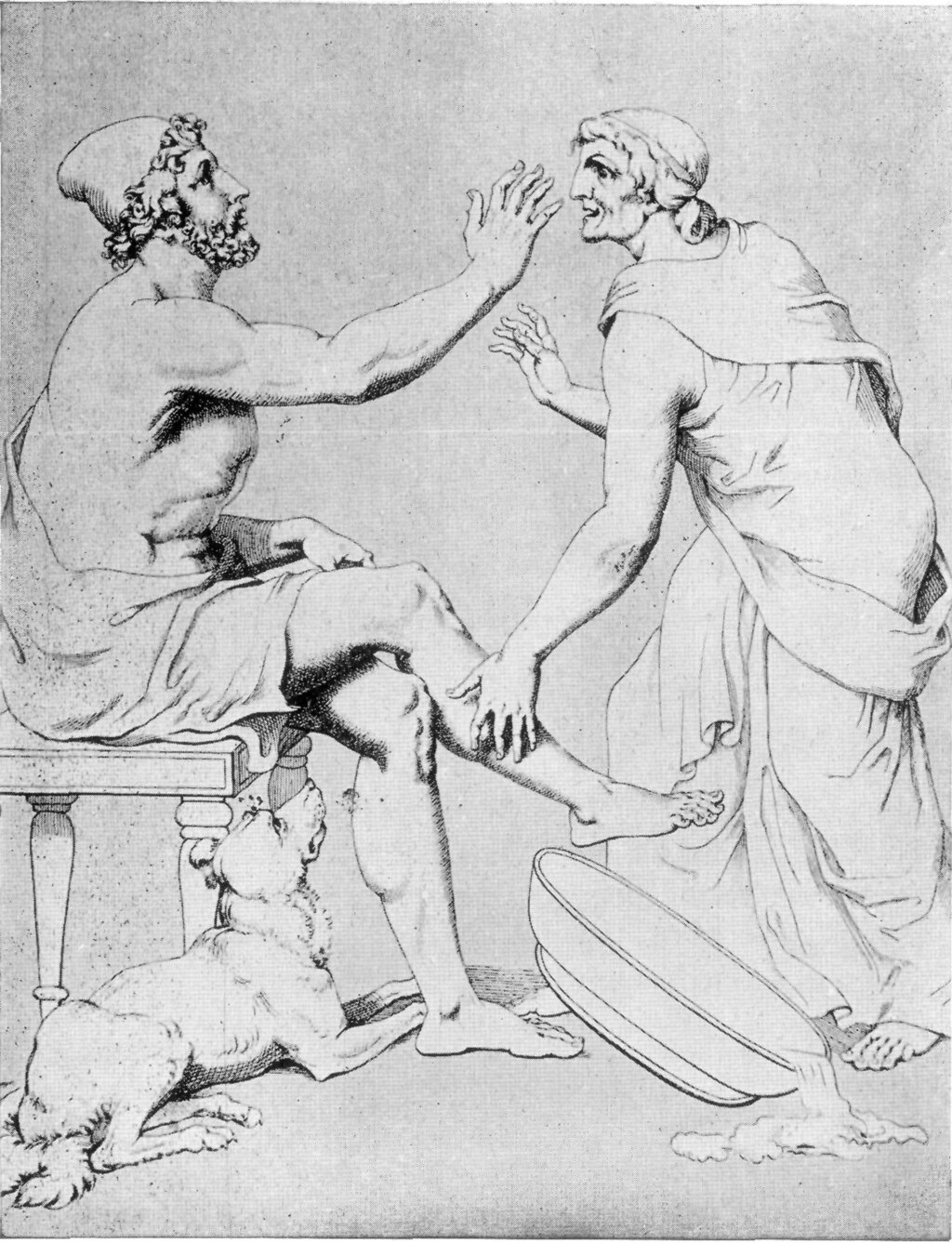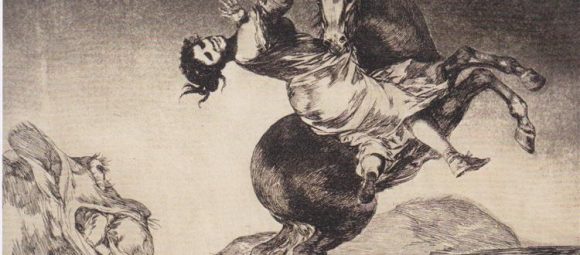Homer: Poet, Myth, or Memory Keeper?
Homer is one of the most influential figures in world literature, credited with composing two of the greatest epic poems of all time: the Iliad and the Odyssey. These works have shaped Western storytelling, philosophy, and even concepts of heroism. Yet, the man behind the verses remains shrouded in mystery. Was Homer a real person? And what truth lies behind the legendary tales he told?

Marble terminal bust of Homer. Roman copy of a lost 2nd-century BCE
Who Was Homer?
The ancient Greeks believed Homer was a blind bard from Ionia (modern-day Turkey), who lived sometime between the 8th and 7th centuries BCE. However, scholars have debated his existence for centuries. Some suggest he was a real individual, others that “Homer” was a name given to a group of oral poets whose collective work was eventually written down.
This debate is known as the “Homeric Question.” Key issues include:
The Iliad and The Odyssey
These two epic poems are cornerstones of ancient Greek literature.
Both works are not only thrilling tales of adventure and war but also deeply human stories about pride, loss, resilience, and identity.
Were the Characters Real?
The question of whether Achilles, Hector, Odysseus, and Penelope actually lived has fascinated scholars and readers alike.
Did the Trojan War Really Happen?
This is one of the most tantalizing questions in archaeology and literature.

Odysseus and Euryclea by Johann Heinrich Wilhelm Tischbein
Legacy and Influence
Regardless of whether Homer was a real person, his works have had a profound cultural impact:
Was Homer a man or a myth? A singular genius or a voice for a poetic tradition centuries in the making? We may never know. But his Iliad and Odyssey endure not just as literary masterpieces but as vessels of collective memory—bridging myth and reality, past and present.



